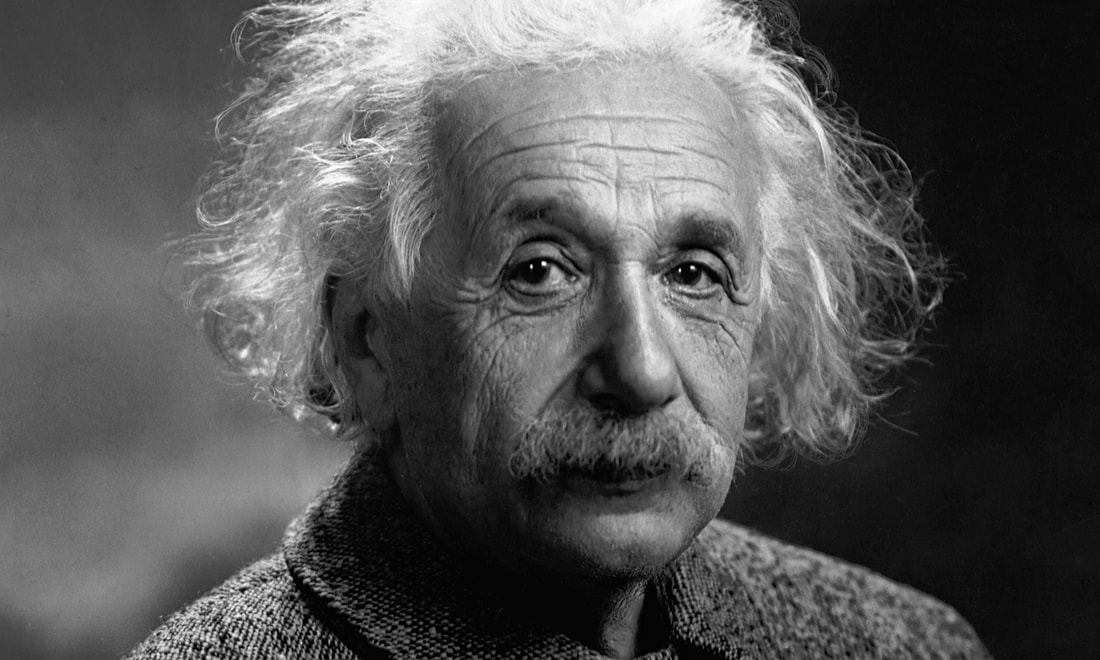Establishing a measurement of time was crucial and dates back to around 2,000 B.C. when Egyptians invented sundials. Most people used various solar cycles to measure time. For example, many people throughout history would say things like: “I’ll meet you at first light (dawn), on the 20th sunrise.” Or “I’ll return on the next half moon.”
Without having time pieces, the sky was pretty much the only available measurement that was universally accessible. The term "fortnight" was used frequently back in mid-evil times which meant 14 days. The major problem with using the moon and the sun is that it led to a lot of wasted time as meetings pretty much took place at first light, noon, or at sunset; trying to meet in between these periods was completely hit and miss.
There was also the issue of interpreting the phase of the moon and whether it would be covered by clouds. It wasn’t uncommon for people to wait a couple of days for someone to show up because when one person thought the moon was full another didn’t.
The invention of the clock occurred around 1300 A.D. and it finally broke down a day into seconds, minutes, and hours which truly became one of the greatest inventions of all time. We certainly take the clock for granted but think about how our world would be rocked if we didn’t have access to what time it is.
It took about 300 years after the clock was invented for it to become a fairly common item. Part of the issue was costs but mostly the problem was that there weren’t enough available as supply was far short of demand since each clock was handmade. Too bad Henry Ford wasn’t around then to set up an assembly line.
Philosophers and scientists have studied the concept of time for thousands of years with many having differing opinions. Some even questioned whether we could travel through time which isn’t realistic but it’s made for a lot of great story lines in books and movies. If I could go back in time I’d go back to September 1998 and purchase a boat load of Google stock. Dare to dream.

 RSS Feed
RSS Feed